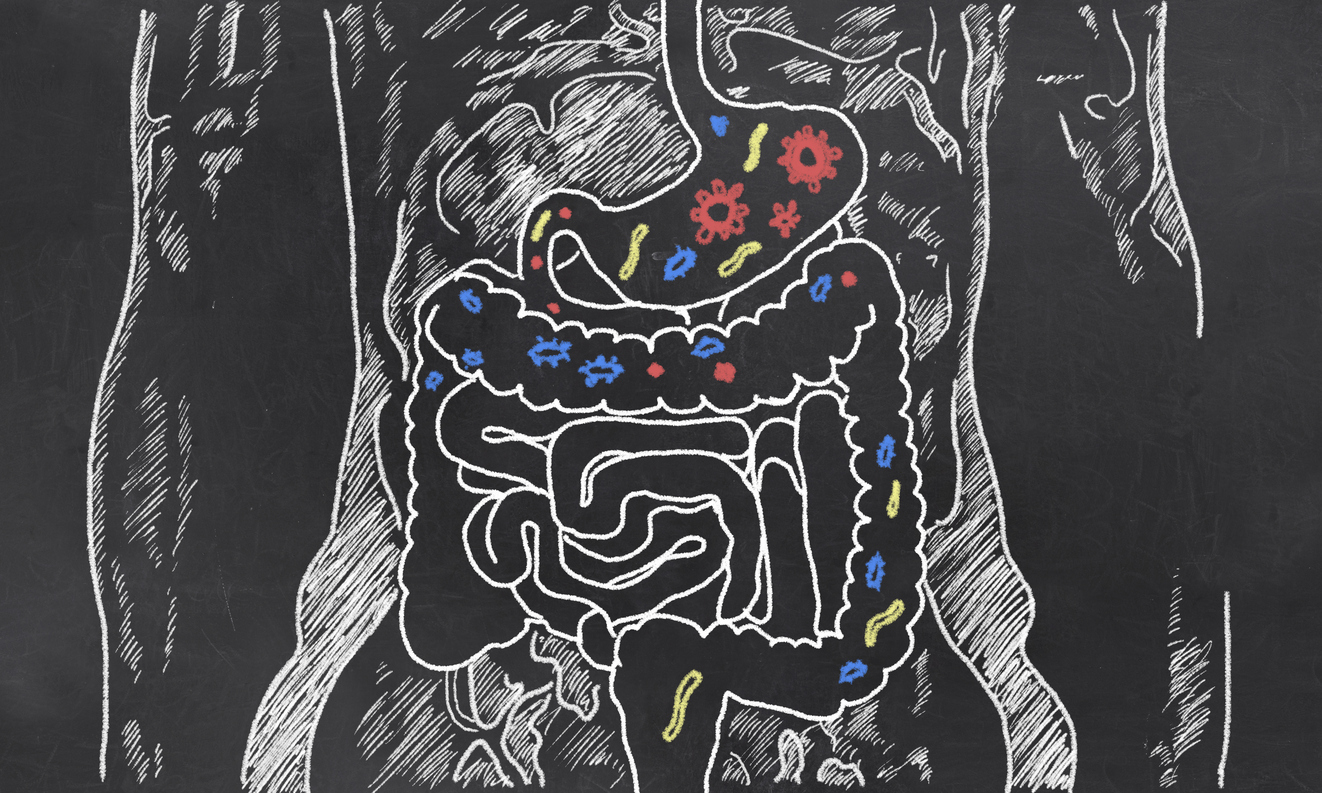The ongoing fight against deadly “superbugs” is aimed at an elusive goal — finding a way to allow antibiotics to do their crucial work, while simultaneously preventing side-effects that damage our natural disease-fighting gut microbiome, whose “good bacteria” are vital to our health.
Dr. Sheila Connelly and her team at Synthetic Biologics tested a drug derived from a naturally-occurring enzyme on pigs to see if it could reduce the emergence of antibiotic-resistant bacteria. In a blog posted on Becker’s Hospital Review, Dr. Connelly explains how ribaxamase, which is designed to break down most broad-spectrum, beta-lactam antibiotics in the gut, can protect the microbiome, reduce the occurrence of potentially deadly Clostridium difficile infections and mitigate antibiotic resistance.
Dr. Connelly presented data from the study “An orally delivered beta-lactamase protects the gut microbiome from antibiotic-mediated damage and mitigates the propagation of antibiotic-resistance genes in a porcine dysbiosis model,” abstract 332g, on Sunday, May 7, at 2:15 p.m. CT, at McCormick Place in Chicago.


